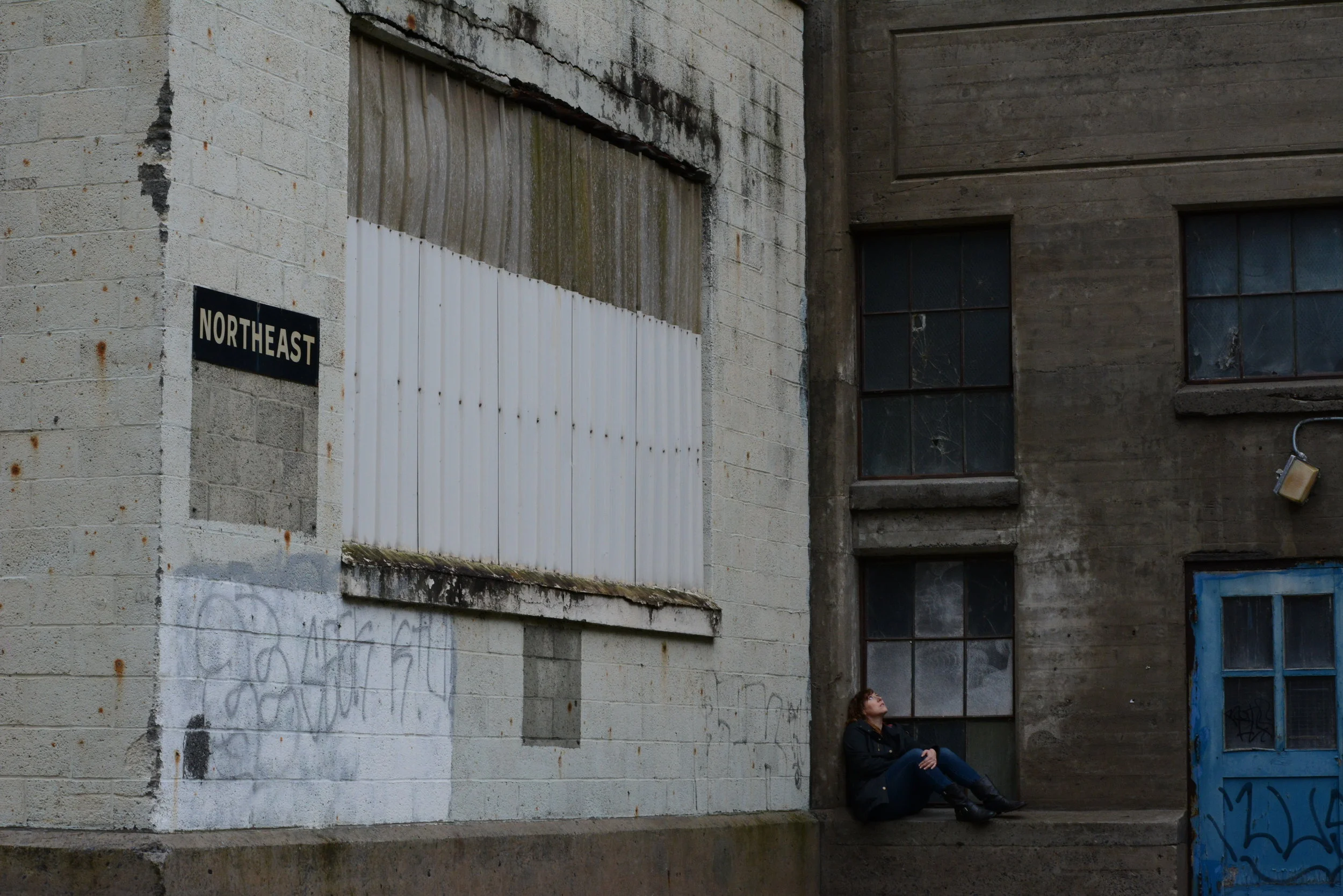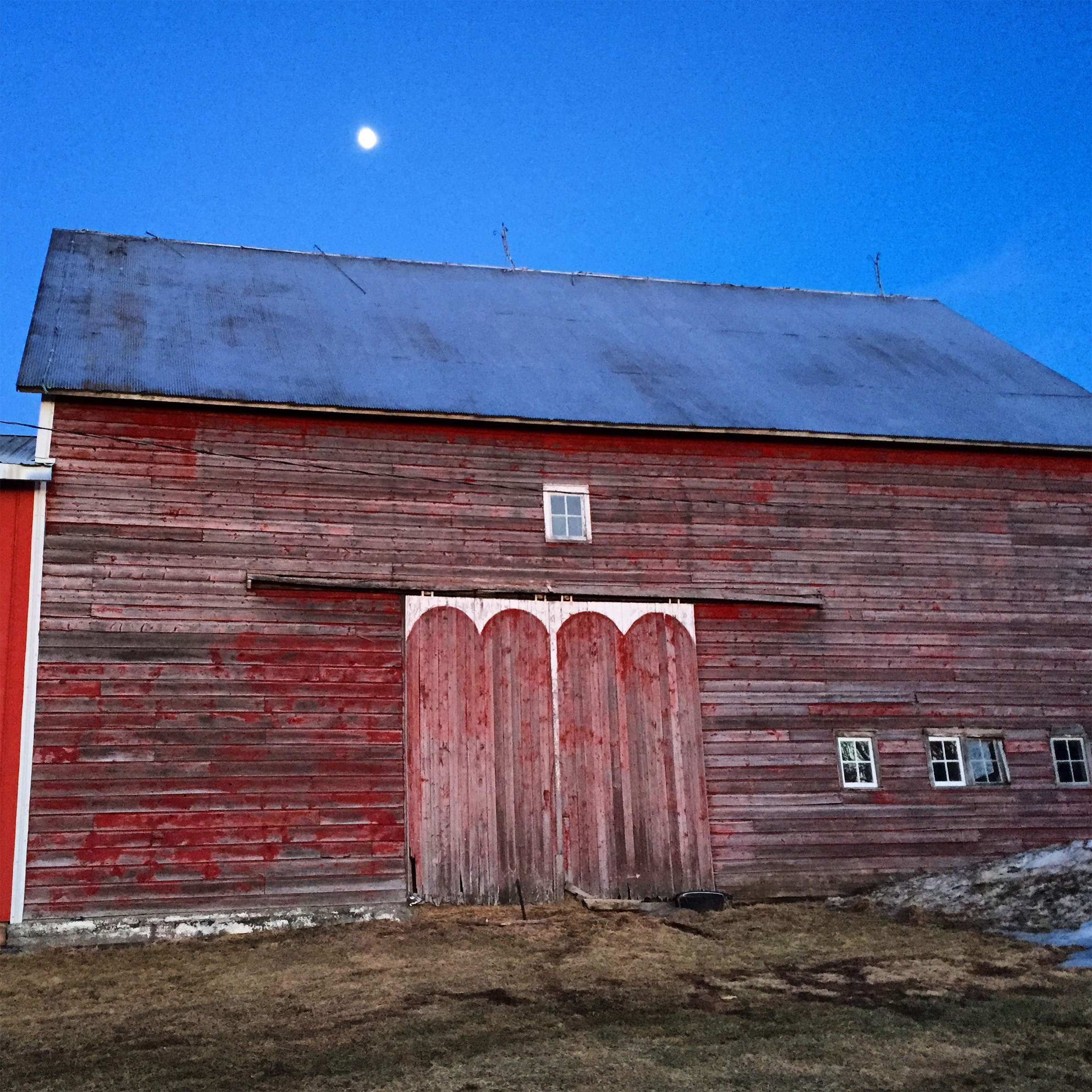Songwriting (or creating art of any kind) is an existential morass, especially if you’re a self-employed workaholic who really likes checking things off their To Do List.
It’s excruciatingly hard to sit still for an indeterminate amount of time trying to mine your brain for random musical ideas that will hopefully be halfway decent. The ticker tape running in the background goes something like this: “How long will this take/will this even work/shouldn’t I be updating the website/booking gigs/buying groceries/paying bills/doing laundry/working on music for other projects/spending time with friends and family/is this just a waste of time anyway…” On and on and on, in the sort of piercing tones akin to a red squirrel sitting in a tree hollering at the cat that just walked by. (If you’ve never heard a red squirrel, that incessant chattering could cut glass.) To sit still and devote time to a pursuit that may actually yield nothing of immediate use is almost a form of torture.
Being raised on a farm, I grew up equating work with tangible results. Put in X amount of hours = produce X amount of product. That product usually pays the bills, or is very tasty, or both. The only things that could get in the way were acts of nature or breakdowns. You certainly didn’t “work” by sitting very still and staring into space for long periods of time. Work was a form of self worth. There’s no higher compliment than “They’re a good worker.” Work can also be a form of expression or communication (as in working hard for someone is a way to show how much you care, even if you’re not good at using your words for that purpose).
Given that a lot of my creative brain involves wrestling with self doubt, it’s extra difficult for me at least to see what I’m doing as “work” (which of course it is) without any immediate gratification. If I’m not producing something tangible, am I really working? And by that definition of work = self worth, am I even doing something worthwhile? Or am I just a lazy, day-dreaming slacker? And once those questions start rolling, it’s down the squirrel hole I go, as the actual songwriting itself poses a whole new set of terribly unhelpful philosophical questions: Is this melody good? Am I committed to these chords? Are these REALLY the lyrics I want? Am I saying what I mean to say? What do I mean to say anyway? Is what I mean to say even worth saying? I mean, is anything worth saying? Is anything worth anything? What IS anything, anyway?
You’d think at this point I wouldn’t be surprised to remember that songwriting is, hard. Hard work. But either I forget or I’m a very slow learner. Or maybe I can’t retain that knowledge and confidence in the “process” over the insane high pitched scrabblings of the deranged squirrels doing laps around my brain.
“If you love what you do you’ll never work a day in your life.” Um, yeah, not so much. (Doesn’t mean we don’t love what we do! Just means the fella that came up with that pithy saying must not have been in the arts. Or agriculture.)
Ok, enough said. BACK TO WORK!



